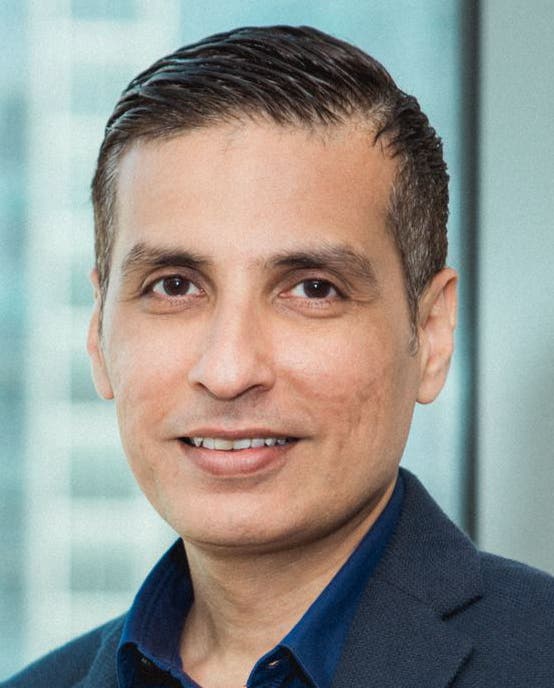In any given year, there will always be challenges and opportunities. However, as we enter a period of economic headwinds, the marketers who will prevail will be the ones who place the customer at the centre of everything.
Full-funnel brand building strategies centred on a co-creation journey with consumers
In a challenging global economic climate, most marketers will be under even more pressure to demonstrate the ROI of their marketing spends. Invariably, many of them may start to shift more of their spends towards mid- to lower funnel activities to demonstrate growth as well as efficiencies.
However, brand building in a challenging climate is critical in demonstrating differentiation to consumers. When consumers’ discretionary spends are reduced amidst a myriad of choices, the more successful marketers will be the ones who commit to a balanced, full-funnel approach, where they understand the value of creativity, brand building and delivering delightful experiences to consumers.
Brands that manage to target the heartstrings and deliver real value, are the ones that will naturally resonate with such consumers. Therefore, while spending on mid to lower funnel activity, it is also incredibly important for brands to be very creative.
Gen Z audiences, for example do not just want to be just spoken to. They want to be a part of a co-creation journey. So, marketers who put their investments in upper-funnel activity as much as they look at mid to lower-funnel activity, those who involve consumers rather than just offering a one-way communication with them, are the marketers who will succeed and help their brands continue to grow in such challenging times, whilst also delivering performance.
The combined power of transformative technologies
We can expect new or more solutions that harness the combined power of transformative technologies to be born or scaled.
Technologies such as AI, machine learning, IoT, blockchain, cloud computing, and even super-fast network protocols like 5G are able to help brands and businesses accelerate their digital transformation.
Yet, the magic lies not just in these technologies on their own, but rather, when two or more of these technologies are combined to give birth to new solutions and to be available as a service to enable intelligent enterprises to make smarter or more effective and efficient business and marketing decisions.
Software- or solutions- or platforms-as-a-service is going to be incredibly important not just to the enterprises whom we largely work with, but also to SMEs, which form the backbone of the southeast Asian economy, to become more intelligent enterprises.
An example of such a service, or as-a-service solution, in a marketing automation context, is customer engagement platforms (CEPs). What CEPs do is enable brands to engage with their customers more intelligently and meaningfully across multiple channels through one platform, as opposed to multiple different platforms, in a real-time manner, or as close to a real-time manner. They use the power of both cloud computing as well as machine learning to help brands be more effective and efficient.
An increasing responsibility for brands to bridge the say-do gap in sustainability
We will begin to see businesses and brands start placing more ESG thinking and commitments at the heart of their strategy and delivery as they face more pressure to bridge the consumer say-do gap when it comes to sustainable actions and behaviours.
There currently exists a gap between saying and doing when it comes to ESG or sustainability. In a recent report by Google, Temasek and Bain, 40% of Southeast Asia consumers who were surveyed said that they care about sustainability, yet only about 3% to 15% acted on those intentions in terms of their purchase of sustainable food products.
As such we can expect more policy and process commitments to ESG, including the way brands embed technology into their business actions and activities. This could be embedded, for example, in the last mile of a journey of purchasing a product or a service, where a consumer is able to make a contribution/token towards regenerative action when purchasing that product or service.
The more brands do this, the more we will see ESG thinking translate into commitments to action.
Having the consumer is at the heart of every successful brand building strategy is a timeless marketing approach. But ever more so, marketers who want to set themselves apart from others and win in a period of economic turbulence and uncertainty must remain focused on the consumer as these three trends discussed above shape business and marketing trends in 2023 and beyond.
Check out our latest Year in Review Insights https://www.dentsu.com/sg/en/insights/apac-year-in-review-2023

